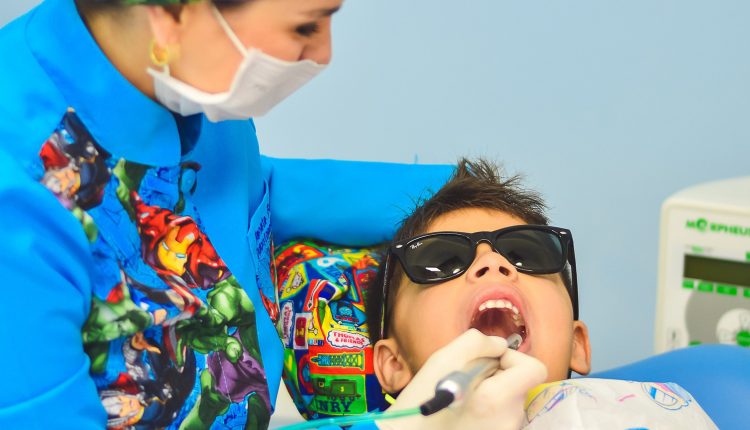Undoubtedly, technology is improving the healthcare industry across the globe, by leaps and bounds. The digitization and innovation are helping healthcare organizations to provide higher level of service with better and accurate diagnosis and care to the patients.
However, the potential for improvements in the healthcare industry is still wide and open. Here are a few trends that aim to reinvent the healthcare industry right from treatment to prevention.
Telemedicine
Telemedicine is definitely the future of medicine which aims to provide high level healthcare to patients remotely even when they have left care.
One example which is taking telemedicine to new levels is the ACT. Here, a pendant with small electrodes is provided to the patient via mail. The patient is required to wear the pendant which then tracks their heart automatically and keeps transmitting the essential information with the help of WiFi to the main centre.
Healthcare professionals at the centre can monitor all the information, and raise flags in case of any abnormality.
Wearables
While FitBit and Jawbone are more about fitness, the ability to track health and raise alarms in case of any issue is what is making headlines today.
Spire is one such wearable which monitors the patient’s breath and suggests appropriate breathing exercises with the help of other healthcare apps when you feel stressed and tense.
Blockchain
Blockchain has taken the world by storm and the healthcare sector is no different here. In fact, blockchain has the potential to reinvent healthcare and use it in a whole new light.
Medical examinations and clinical experiments prove to be quite a pain for the healthcare sector these days. Patients are not willing to put themselves through the process of these clinical experiments. This is because a thorough understanding of the pros and cons of the trial are to be noted, including the benefits offered by the experiment and the potential risks associated with it. Add to that, there is a lot of effort that goes towards these clinical trials accompanied by a huge investment of time. All of these factors when clubbed together do little to encourage people to volunteer for clinical trials.
This is when Blockchain enters the scenario. This technology provides a platform where the patients are offered positive incentives to take part in the trial. For instance, blockchain provides a solution in which the patients are recognized as the owners of their own medical data and as well as the R&D data. In effect, the patients are strategic partners at such clinical trials and thus they are involved in their own care strategy. This is an example of how Blockchain features in medical research and improves diagnosis and treatment.
In this process, Blockchain provides a larger pool of data for the medical researches. At the same time, it also empowers the patients to be more medically aware of themselves, and have more power about deciding on what medical metadata is to be released. Starting from diagnosis to drug development, blockchain plays a big role in healthcare.
Blockchain could also help in hospital and physician directory management. What this does is paves the way for smoother healthcare plan and claims processes. The whole concept of insurance coverage could be improved with the help of blockchain. For instance, a patient could log in to the virtual platform and book a medical appointment for themselves. This information could be made accessible to the system’s insurance process. The health plan employees could go through this process and reimburse the patient accordingly, all with the appropriate flow of information.
With regards to patient records, Blockchain has the capacity to store data for patients, spanning their entire lifetime. In fact, a complete medical record could be pulled in from visits to hospitals, clinics, purchases at pharmacies, and involvement in healthcare plans. This data could be stored on the patient’s medical account. In addition, the patient could be given full access to this information in order to take more informed medical decisions.
There are several Blockchain projects operating within the healthcare sector, but one of them stands out with its clear specialization and prevention orientation. Dentacoin is the first Blockchain solution for the global dental industry which combines secure Blockchain infrastructure, patient-centred care and intelligent prevention to improve long-term health, reduce costs and pain and ensure mutual benefits.
Behind Dentacoin is a community of young dentists who care about the long-term welfare of patients and are paid for keeping them healthy. The epitome of this principle is called Dentacoin Assurance – a revolutionary dental insurance-like program, which encourages paying for prevention and not for treatment. Through a low monthly premium in Dentacoin paid to their dentists, patients are assured to receive lifelong, prevention-oriented dental care. The model brings the financial interests of patients and dentists into complete alignment with no intermediates and establishes strong, long-lasting bonds.
Those are just a few examples of how technology is reinventing the healthcare industry. One thing is for sure, technology will not only help practitioners achieve better efficiency, but will also pave the way for better care, early diagnosis and control, rather than the well-known emergency treatment.

